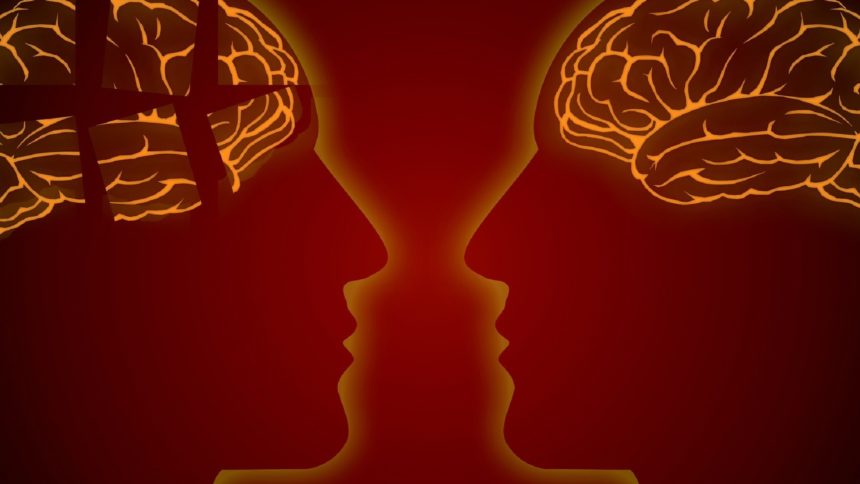People with this disorder may have memory problems, problems with information processing or carrying out certain actions. MCI can be a precursor of dementia, but this is not always the case.
Symptoms of MCI
In the case of mild cognitive impairment, the person functions almost normally. Nevertheless, the complaints can be very annoying and give them feelings of uncertainty and gloom.
The largest group of people with MCI has memory problems. For example, a family member may also have difficulty with keeping an overview or performing certain actions, such as dealing with devices or driving a car. These complaints are less severe than with dementia: the person will remember that he or she has been somewhere, but the relevant place name has been forgotten. Or an appointment is only remembered when they are pointed out. People with dementia forget the whole event or appointment.
Course of MCI
MCI can be a transitional phase between normal age-relatedness and dementia, but that is not always the case. In 30 to 55 percent of people with mild cognitive impairment, the symptoms remain stable, or they disappear over time. In this group, cognitive impairment may have been caused by psychological factors such as depression or burnout. Also vitamin B deficiency, reduced thyroid function or side effects of medication can lead to temporarily reduced brain function.
In about 44 percent of people with MCI, the symptoms are gradually getting worse. They will then be diagnosed with dementia on average within 5 years.
If the person suffers from memory problems, he or she runs an increased risk of Alzheimer’s disease. If there are other complaints, it is more common that the cognitive disorder develops into other forms of dementia, such as Lewy Body Dementia or Vascular Dementia.
Treatment MCI
There are no medicines against MCI. That is why it is important that the person is checked regularly by the treating physician. Risk factors include high blood pressure, vitamin B deficiency and reduced thyroid function. Timely signaling and treatment is therefore important. If there are psychological problems, it is advisable to involve a psychologist.
For the functioning of the memory it is important to remain physically and mentally active. Small practical adjustments can also help the memory.
Tips for someone with MCI:
- Physical activity ensures better circulation of the brain.
- Stay mentally active too. Talk to people, read a book or immerse yourself in a topic.
- Use as few sleeping pills and alcohol as possible. These have a negative influence on the memory.
- Put things that you often lose in a fixed place.
- Keep an agenda for appointments and look at it daily. Important things can be written down directly. Use shopping lists.
- Tell people in your area about your memory problems. That way they can take it into account and that reduces tensions and uncertainty.

